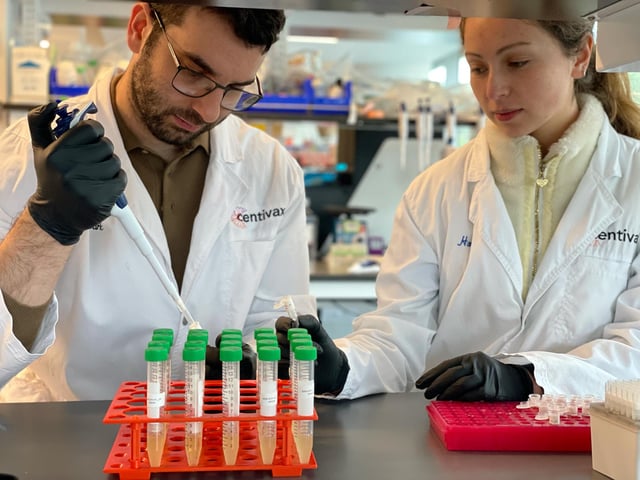Overview
- Tim Friede, who self-immunized with snake venom over 18 years, provided antibodies that form the basis of a broad-spectrum antivenom.
- The experimental antivenom combines two human-derived antibodies with varespladib, a venom-inhibiting drug, offering full protection in mice against 13 species and partial protection against 6 others.
- This human-derived approach addresses limitations of traditional antivenoms, which are species-specific, costly, and can cause severe allergic reactions.
- Veterinary trials in Australia will test the antivenom on snake-bitten dogs, with human clinical trials planned pending successful outcomes.
- The research aims to address the global snakebite crisis, which causes over 100,000 deaths annually, particularly in under-resourced regions.



